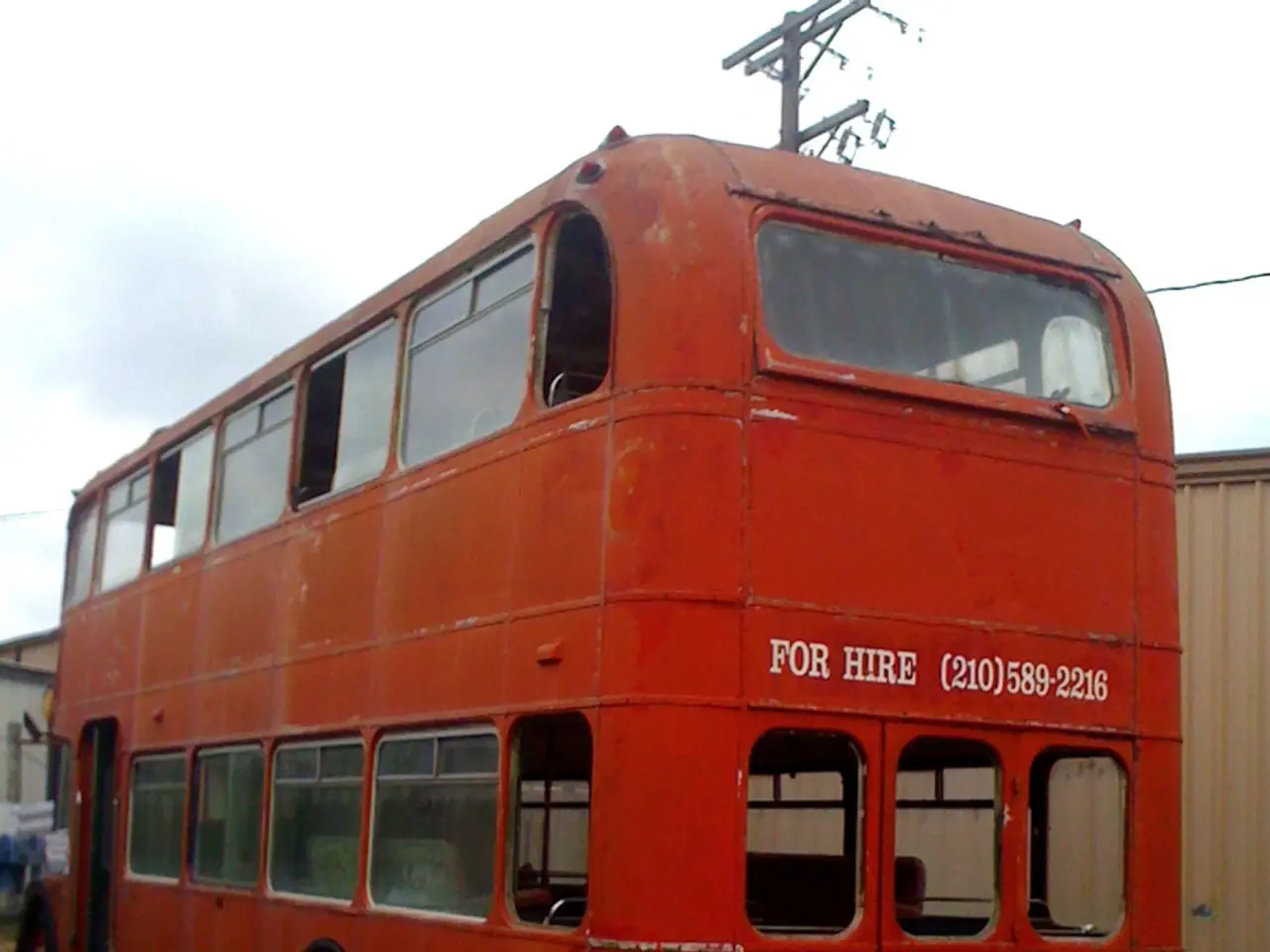Electrical drayage trucks will now receive financial incentives, as declared by the Northwest Seaport Alliance.
Zeem Solutions, in partnership with the Northwest Seaport Alliance (NWSA), is set to launch a groundbreaking Charging-as-a-Service program for zero-emission drayage trucks in the Puget Sound region. Funded by a $6.2 million grant from the Washington State Department of Transportation (WSDOT), this initiative marks the first of its kind in Washington State and aims to accelerate the transition to clean freight movement.
The program will deploy 19 zero-emission Class 8 drayage trucks and associated charging infrastructure across the Puget Sound region, serving the ports of Seattle and Tacoma. The project targets a reduction in port-related diesel and climate pollution, which currently account for about 6% and 30% of seaport-related emissions, respectively.
A strategically located charging depot is being developed near the I-5 exit ramp south of SeaTac Airport, along SR-99, between the Ports of Seattle and Tacoma. Initially, the site will feature six 400kW DC fast chargers, with plans to expand capacity to support up to 250 vehicle charges per day and provide overnight parking for 70 trucks. The facility will focus on Class 8 electric trucks, though it may also accommodate lighter vehicles.
Construction of the charging depot is scheduled to begin in fall 2025, with zero-emission vehicles expected to be operational by 2026. Zeem Solutions operates under a Charging-as-a-Service (and Trucking-as-a-Service) model, reducing upfront capital costs for operators and eliminating concerns about charging availability.
Paul Gioupis, CEO of Zeem, invites truck operators to experience the benefits of electric trucks for drayage, stating, "We invite truck operators to experience how well electric trucks are matched to the job of hauling drayage. Our goal is to make it a compelling business decision for fleets, that is both economically and environmentally sustainable."
The program aligns with Washington State’s climate commitments and the Decarbonizing Drayage Roadmap developed by the Puget Sound Zero Emission Truck Collaborative. It is designed to demonstrate the feasibility and benefits of electric drayage, encouraging wider adoption across the industry.
In summary, the Zeem Solutions Charging-as-a-Service program represents a significant step toward electrifying drayage operations in the Puget Sound region. By combining state funding with private investment and a scalable charging infrastructure model, the initiative aims to make zero-emission trucking both accessible and sustainable for local fleets, while directly addressing air quality and climate goals.
- The science behind zero-emission drayage trucks is about to be applied in the Puget Sound region, as Zeem Solutions, in partnership with the Northwest Seaport Alliance (NWSA), launches a Charging-as-a-Service program.
- Local fleets are invited to join the transition to clean freight movement, as Zeem Solutions operates under a Charging-as-a-Service model that aims to make electric trucks an economically viable option in environmental-science.
- To support this transition, data-and-cloud-computing technologies will be utilized to optimize energy consumption, enhancing the performance of the charging facilities and promoting efficient transportation.
- The implementation of this program is consistent with Washington State's climate commitments and aligns with the Decarbonizing Drayage Roadmap, serving as a stepping stone for industry-wide adoption of climate-change mitigation strategies.
- As the public-transit sector adapts to greener technologies, the successful execution of this Charging-as-a-Service initiative could position the transportation industry as a key player in the finance and investment landscape of renewable energy solutions.




